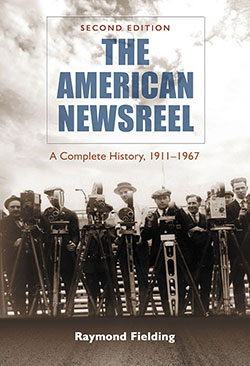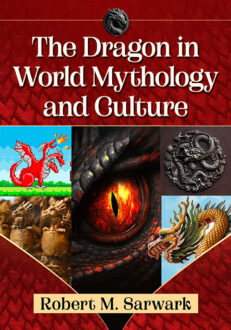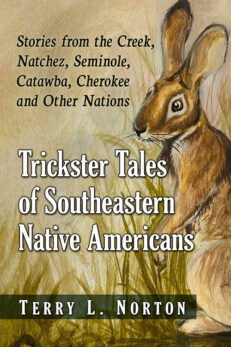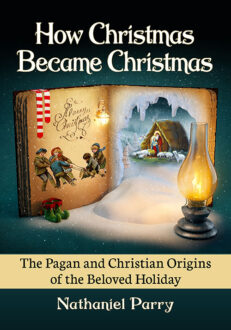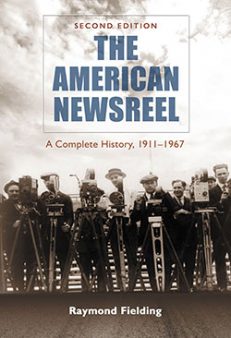The American Newsreel
A Complete History, 1911–1967, 2d ed.
$49.95
In stock
About the Book
For fifty years, the newsreel was a fixture in American movie theaters. Released twice a week, less than ten minutes long, each had news footage that combined journalism with entertainment. With the advent of television news programs after World War II, newsreels began to be obsolete, but they remain the first instances of moving image photographic journalism and were for decades a unique source of information—and misinformation. This history details the full span of the American newsreel from 1911 to 1967, discussing the European forerunners, changes in the American version over time, and the ethical and unethical use of newsreels in present-day television documentaries. Photographs, bibliography and index.
About the Author(s)
Bibliographic Details
Raymond Fielding
Format: softcover (7 x 10)
Pages: 250
Bibliographic Info: 93 photos, notes, bibliography, index
Copyright Date: 2011 [2006]
pISBN: 978-0-7864-6610-8
eISBN: 978-1-4766-0794-8
Imprint: McFarland
Table of Contents
Preface to the Second Edition 1
1. The First “Actualities” and News Films, 1889–1900 3
2. The First War Films 19
3. Faking the Early News Films 25
4. The American Silent News Film 33
5. Introduction of the Silent Newsreel 43
6. Prewar Competition 53
7. The Newsreel at War, 1911–1918 63
8. The Postwar Silent Newsreel 77
9. Growth and Expansion 89
10. Introduction of the Sound Newsreel 101
11. Style, Structure and Operation of the Major Newsreels 113
12. Newsreel Content in the 1930s 129
13. Film Industry Attitudes Toward Newsreel Production and Release 147
14. Criticism of the Sound Newsreel, 1929–1960 153
15. The Widening Credibility Gap 163
16. The Decline of the Newsreel 171
17. The End of the Newsreel 183
18. The Summing Up 195
19. The Newsreel as Historical Resource 199
Notes 207
Bibliography 225
Index 237
Book Reviews & Awards
- “Fielding wrote [a book] which laid out the rise and fall of a now-forgotten form that delivered news to the masses in moving pictures and sound in movie theaters through the first half of the 20th century. It was a potent blend of journalism and entertainment long before Jon Stewart and Stephen Colbert. By the mid–1920s, nearly 90 percent of the 18,000 theaters in the United States exhibited at least one of the six newsreels then available, Fielding wrote. ‘Mussolini said “Let me run the newsreels and I can rule the world,”’ said Fielding, who taught Frances Ford Coppola among others at UCLA and later was founding dean of the film school at Florida State University.”—The Baltimore Sun
- “Very scholarly, worthwhile history…93 photos”—Classic Images

